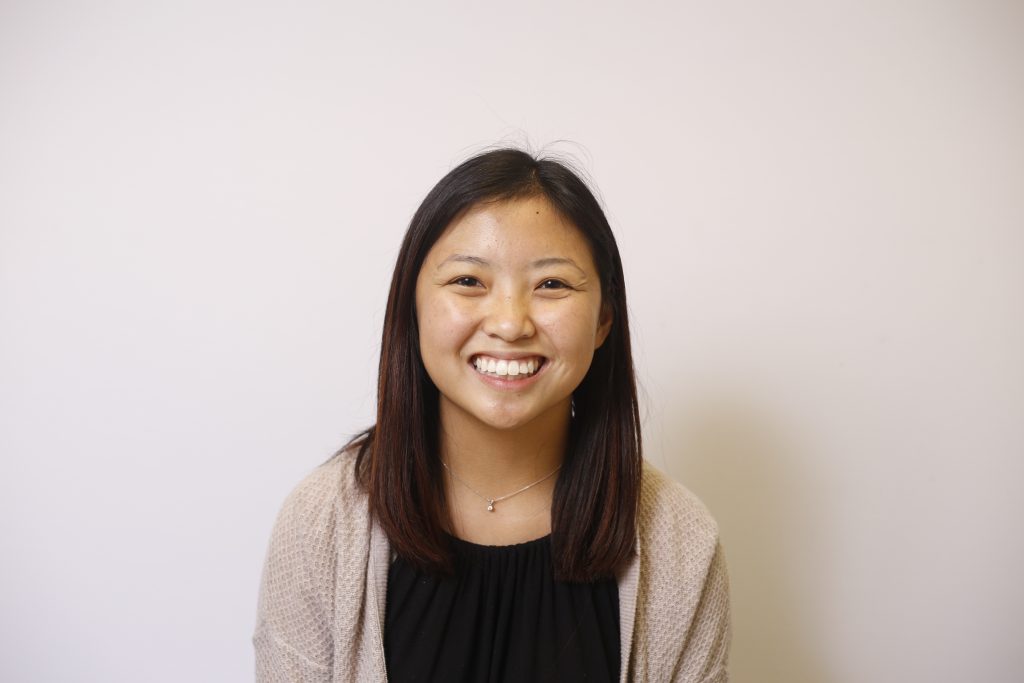
I recently found a new podcast that I have quickly become enamored with: “Well and Weird” by Holly Lowery, whom I know from Cafe at 407 in Syracuse, a cafe dedicated to establishing a new relationship with our identities outside of eating disorders and disordered eating.
Lowery interviewed Jill Catherine, an author, anti-diet culture warrior, dancer and spokesperson for Circles of Change and Ophelia’s Place, a nonprofit based in New York and Arizona that supports those recovering from eating disorders and those distancing themselves from diet culture. Their discussion centered around shifting movement from a necessity to achieve a smaller body to a way to celebrate the body in which you currently live. I found this discussion had particular significance to me when considered in the context of college students and their physiological ideals of how to stay fit.
As college students, professors, faculty and community members, none of us are immune. Go down to the East Gym around 10 a.m. or 5 p.m. and you’ll have trouble finding a treadmill or elliptical, according to the FitSpace website, which lists the busiest times when students may just be waking up, and around dinner when classes let out. It’s no coincidence that these machines are the ones that are typically the busiest — cardio is known to burn the most calories.
Eating out at restaurants is a risk for fear of hidden calories. It’s a common practice among college students to save their calories during the day, skipping food to “justify” the calories of a night out, in a phenomenon colloquially known as “drunkorexia.” Many engage in this behavior in an effort to become drunk more quickly, and with the rise of body-image concerns in undergraduates, those most at risk are “heavy-drinking women with strong weight control motivations.” Australian researchers Alissa Knight and Susan Simpson learned that of 139 Australian undergraduate students who are females aged 18 to 29, over 79.1 percent engaged in behaviors associated with “drunkorexia.”
There’s always an excuse for why we need to lose weight, though it is rarely labeled as that — we need to “slim down,” “fit into our dress for rush/swimsuit for spring break/an old pair of jeans,” “watch our figure,” “work off the freshman 15.” The calorie-counting apps are on many of our phones.
This mindset is more dangerous than we realize; this fixation on calories is a steep slope into diet culture, disordered eating and eating disorders. Lowery and Catherine remind us that all of these are not only rampant, but are also the norms in our culture. It seems more common to say that you’re “being so good today” if you didn’t have dessert or ate a salad for lunch, as if you need to apologize for the space that you take up, rather than to pick up a cupcake each Wednesday in the dining hall or grab a pint of Ben and Jerry’s.
What we don’t hear is what Lowery and Catherine are saying — that foods are not inherently good or bad, and that we need every type of food in our life — as one of my roommates put it, either for our physical or mental satisfaction — and that exercise should not be a punishment. Lowery and Catherine note that it is important to distinguish between exercise with a connotation of obsession (think ’80s workout videos) and movement in a way that honors your body, “reclaim[s] health, redefine[s] the narrow definitions of beauty [and] restore[s] our love for our bodies.” If you love to run, good for you — it can be a great source of stress relief. My intent is not to demonize exercise, but rather to question our intent behind it.
I’m not exempt: I’ve ran, biked, rowed and lifted in efforts to lose weight. But we need a shift from a movement that feels forced after a long day of classes and homework, to a movement that “shift[s] the culture from one that shames our bodies to one that celebrates the beauty and purpose of our individuality.” For me, right now, that’s dance. It’s not static, and our exercise regimen shouldn’t be just limited to leg day, arm day, back day, abs day. We are more than body parts and our physical appearance.
Kara Bilello is a senior double-majoring in English and Spanish.


